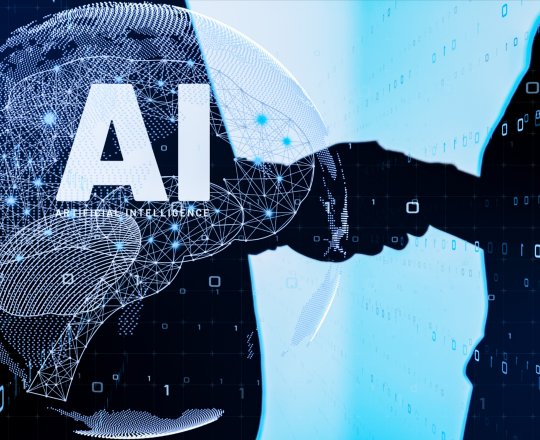Currently Empty: $0.00
Blog
What is Generative AI?

Generative Artificial Intelligence (AI) is a revolutionary branch of AI that focuses on creating new content by leveraging advanced machine learning models. Unlike traditional AI systems that classify data or make predictions, generative AI goes beyond by generating entirely new data that resembles the input data it has been trained on. This could include text, images, music, videos, and more.
How Does Generative AI Work?
Generative AI primarily operates using two popular architectures:
- Generative Adversarial Networks (GANs): GANs consist of two neural networks: the generator and the discriminator. The generator creates new data, while the discriminator evaluates it against real data. Over time, the generator becomes skilled at producing outputs that are indistinguishable from the real thing.
- Transformers: These models, such as OpenAI’s GPT (Generative Pre-trained Transformer), excel in generating coherent text. Transformers work by analyzing large datasets of text to understand patterns, context, and relationships between words.
Applications of Generative AI
Generative AI has opened up countless possibilities across industries. Here are some notable applications:
- Content Creation:
- Automated writing tools generate articles, blogs, and even poetry.
- AI-powered platforms create unique visual art and designs.
- Healthcare:
- Generative models assist in drug discovery by simulating molecular structures.
- Creation of synthetic medical data for training purposes.
- Entertainment:
- AI generates realistic virtual characters and environments in gaming.
- It powers deepfake technology for movies and digital media.
- Customer Interaction:
- Chatbots and virtual assistants leverage generative AI to provide human-like responses.
- Education and Training:
- Personalized learning experiences, including interactive simulations.
- Generative AI helps in creating educational content like tutorials and quizzes.
Benefits of Generative AI
Generative AI is a game-changer for innovation and productivity. Some of its key benefits include:
- Enhanced Creativity: AI assists creators by generating unique ideas and prototypes.
- Cost Efficiency: Automates tasks that traditionally required extensive human effort.
- Personalization: Delivers tailored experiences across industries like marketing and education.
Challenges and Ethical Considerations
Despite its benefits, generative AI poses challenges:
- Misinformation: Deepfakes and AI-generated content can be misused for spreading false information.
- Bias: Generative models may reproduce and amplify biases present in their training data.
- Intellectual Property: Concerns about originality and copyright violations arise when AI generates content.
- Privacy: Creating synthetic data can inadvertently expose sensitive information if not managed carefully.
The Future of Generative AI
As generative AI continues to evolve, its potential applications will expand further. With advancements in models and ethical frameworks, generative AI can:
- Revolutionize industries like healthcare and education.
- Enable more immersive virtual experiences.
- Contribute to solving complex global challenges through innovative solutions.
Generative AI is undoubtedly a transformative force shaping our world. Its ability to create, innovate, and adapt highlights the immense potential of this technology, making it a cornerstone of the AI-driven future.




